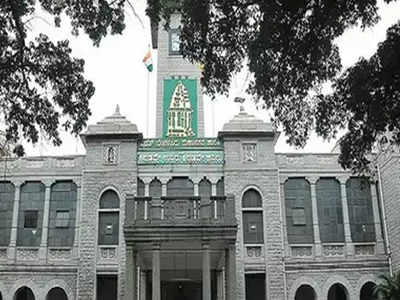The Indian Express 08.11.2013
Slums, illegal structures may get property tax bills only next fiscal
While 2013 marked the beginning of the BMC’s property tax regime
based on capital value, unauthorised constructions and slums in the city
are likely to receive their property tax bills for payment in the next
financial year.
BMC officials said although it took three years to roll out the
taxes for authorised constructions in the city, the model of taxation
for illegal structures is yet to be prepared. “We are trying to issue
the bills as soon as possible but it is taking time as the modalities
are still being worked out,” additional municipal commissioner Rajiv
Jalota said Thursday.
Another senior civic official from the assessment and collection
department said it was also likely that the bills issued next year would
be with retrospective effect for four years since the 2010 fiscal. “As
per the Act, these structures will have to pay thrice the tax amount
assessed as penalty for their illegal status. These are some of the
details we are working out. The study is being carried out by the
department internally,” the official said.
The corporation has enlisted the help of the economics department
of Mumbai University to conduct a study on taxation in slum areas.
Officials said slum residents would not have to bear the burden of
additional new taxes with retrospective effect from 2010. Revenue
collection from slum areas, which constitutes over 60 per cent of
Mumbai’s total population, is estimated to bring in roughly Rs 1,000
crore for BMC.
“As per the law, the municipal body must collect tax from all
structures in the city – be it legal or unauthorised. It will take six
months to conduct the study and another six months to form the policy
for implementation based on the findings. When taxing slums, we have to
take into account that the amenities available to them are of a
different standard. So they should pay accordingly,” Jalota said.
Apart from a thorough research of the slum areas and probable methods of
taxation, MU is expected to study the tax models for slums in other
parts of the world and suggest a new system that can be incorporated in
Mumbai. “Manual collection would need more manpower, which BMC cannot
spare. We will either have to appoint a collection agency or look for
other means of collection, such as through phone bills,” a senior
official said.

